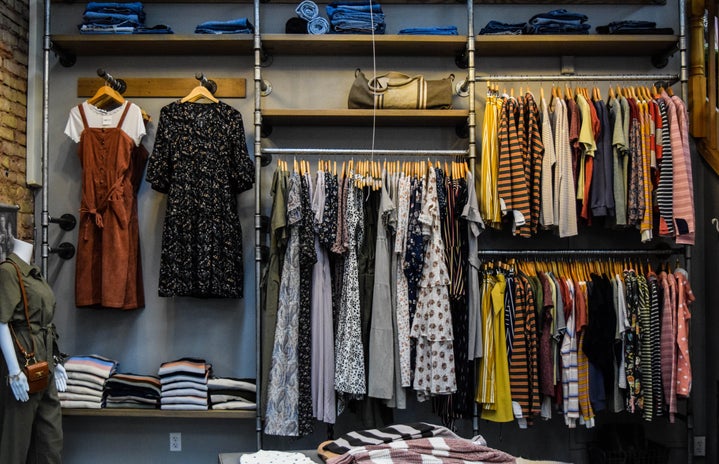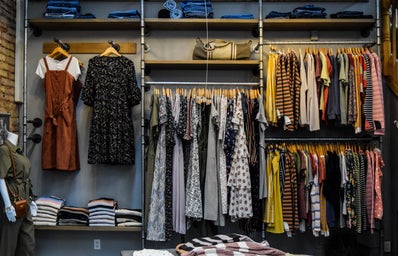Picture this: It’s a lazy Saturday in 2019. You and some friends decide to take a visit to your local mall. Inside your favorite store, you find an immense sales rack. Before you know it, you are in a wrestling match with a random customer over blue jeans.
Flash-forward to today. Fighting in the middle of the mall is over and done with. Stay at home orders, social distancing guidelines, and increasing unemployment mean window shopping from your computer is the new norm. Decreased foot traffic equates to decreased spending, decreased impulse buying, and decreased profits for retailers. The future of fashion is at risk.
For some, this struggle translates to bankruptcy and mass closures, for others, it is simply a shift to e-commerce. Below is a current list of retail closures you can expect in 2020.
Nordstrom
Nordstrom announced in a press statement that it’s permanently closing all three of its Jeffrey designer apparel stores as well as 16 of its full-line stores. Nordstrom has 378 locations so this closure may seem minimal, however the cities hit cater to a large array of people in shopping malls. The shopping malls are based on a shopping experience that is now obsolete. I am feeling nostalgic, as my very own local Nordstrom is closing. My love for fashion was born on its first floor in the shoe department.
Locations closing include Arizona, California, Colorado, Florida, New Jersey, Maryland, Oregon, Virginia, Texas, and Puerto Rico.
Zara
Zara’s parent company Inditex announced that it would close around 1,000 stores by the end of 2021. Zara is yet to announce which locations will be closing, however, it is clear that this is not just a national closure, but a global closure. Zara hopes to shift its sales online, so this isn’t goodbye forever.
Victoria’s Secret
The secret is out. Victoria’s Secret’s parent company, L Brands, announced its plans to close 250 stores in the United States and Canada within the year. I owe my first bra to Victoria’s Secret, and for that, I will always be grateful.
Forever 21
Prior to COVID-19, the chain filed for bankruptcy announcing the closure of 178 stores in the United States. The company later told Glamour it plans to lessen the number of these closures to 88. Forever 21 thrives on the trendy quality of its garments, which may face change after shifting attitudes surrounding sustainability after COVID-19.
Macy’s
My grandma’s favorite seller of oversized blouses will be closing 125 stores over the next three years. Macy’s claims that this closure will result in the loss of about 2,000 positions, many of these customer service or corporate positions. Macy’s CEO Jeff Gennette said, “These changes are painful but they are necessary.” Macy’s was founded in 1858, transforming into a hallmark of American retail. As a cherished name, Macy’s closure demonstrates that everyone must endure change.
JCPenney
JCPenney has announced more than 150 store closures. This is after the company filed for bankruptcy in May. These closures translate to 1,000 layoffs.
The Good News
These closures are put in place to ensure the retailer’s future, not determine their end. The pandemic may teach shoppers, both nationally and globally, to shop better and smarter, allowing for a sustainable future in the fashion industry. The Business of Fashion notes a 44% annual profit decline, especially in “fast fashion,” due to the coronavirus. With the lack of social interaction, people around the world are learning about survival and necessity. Brands that do not embrace sustainability may be left in the past, as consumers value visibility in confusing and complex times. These shutdowns can push retailers to invest in brands that are investing in the planet’s future.



